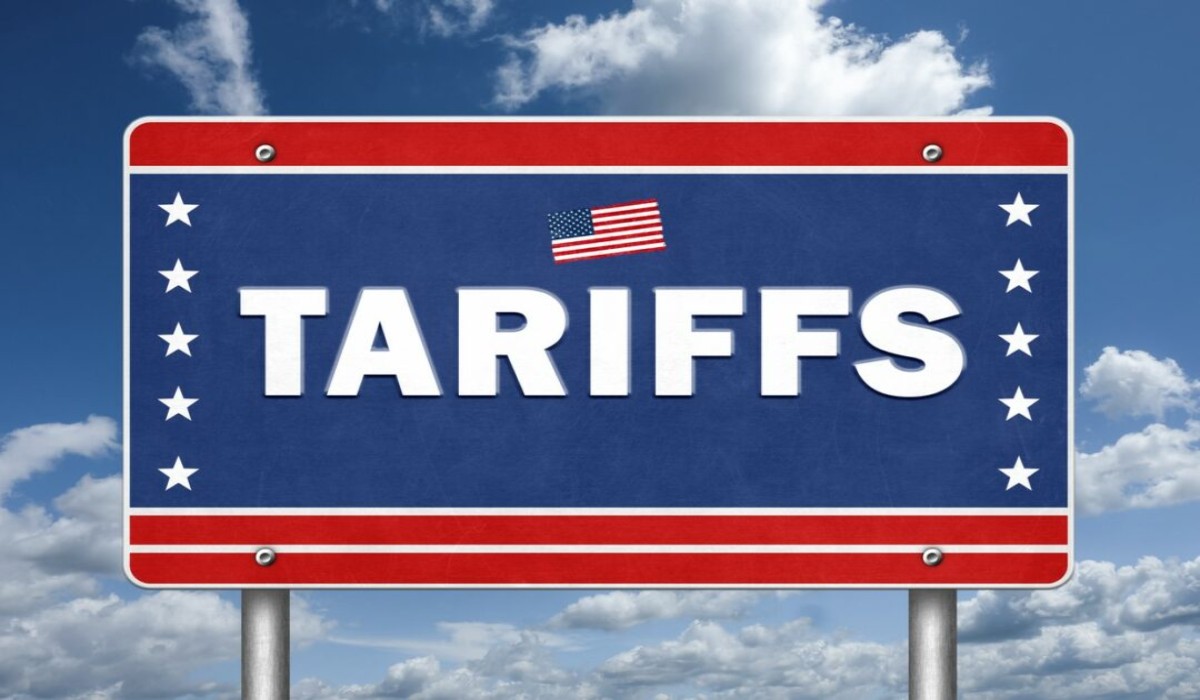
Mumbai: US President Donald Trump’s announcement of reciprocal tariffs on April 2 is expected to be the most significant event of the week, or even this month. This will test Indian markets, especially after their strong recovery in March. Although experts suggests that the impact may be transient, here’s a look at the sectors and stocks most at risk and whether there are any stocks that could remain unaffected.
Sectors most at risk from Trump’s Tariffs
Chemicals and Pharmaceuticals
India is a major exporter of generic drugs to the US, accounting for around $18 billion in exports. The current US tariff on these imports is 1%, while India imposes a 9.7% tariff on similar imports from the US. An increase in US tariffs could make Indian products less competitive, potentially pressuring stock prices of major pharmaceutical companies like Sun Pharma, Dr. Reddy’s, and Cipla, which have significant exposure to the US market.
Electrical, telecom and electronics
These industries make up the second- largest segment of Indian exports to the US, amounting to $14.4 billion. The current US tariff on these products is just 0.4%, whereas India imposes a 7.6% tariff on similar imports. Any increase in US tariffs could impact Indian exporters in this sector.
Textiles and gems and jewellery
India is also the leading exporter of garments and textiles amounting to $10.8 billion. However current tariffs by either country are similar at 9–10%. This is a labor-intensive sector already facing margin pressures. Tariffs could mean further pain.
Apparel and gems/jewellery are the most exposed, with the US forming 30% of their export markets and tariff differentials of 10-20% that are hard to neutralize,” said Sonam Srivastava, Founder and Fund Manager at Wright Research.
Auto and related stocks
Indian exports to the US stand at $2.8 billion, with a 1% US tariff and a 24.1% Indian tariff. The US announced to impose a 25% reciprocal tariff from April 2. Many stocks have already fallen over 2% in the last week reacting to the news.
Further, auto component makers like Bharat Forge and Samvardhana Motherson are also at risk from the tariffs. The US is a key market for tier 1 suppliers, where tariff-led pricing disadvantage can be a headwind.
Sectors likely to benefit or remain Nuetral:
IT Services:
The IT services sector is likely to remain largely unaffected by the tariffs, as the industry has strong offshoring ties that make it less sensitive to tariff changes. this sector may even benefit from the overall global uncertainity, as companies seek cost-effective outsourcing solutions.
Domestic-Focused Sectors:
Industries that are primarly domestic facing, such as FMCG, infrastructure and banking, have minimal exposure to the US and could act as defensive plays during uncertain times.
Energy, Defense and Agriculture:
Energy and defense sectors, as well as select agriculture-related industries, may benefit if India offers import concessions to mitigate the impact of the tariffs. additionally, certain sectors in agriculture could gain if the Indian Government adjusts its import policies.
In conclusion, while Trump’s reciprocal tariffs will likely cause challenges for many export-heavy sectors in India, certain industries like IT services, domestic facing businesses, and even select agriculture and defense sectors may emerge relatively unscathed or benefit from the shifting trade dynamics.
